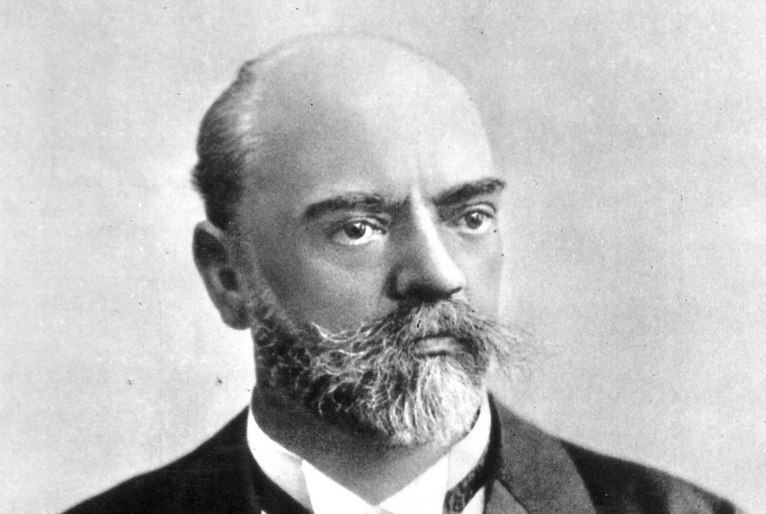
Antonín Dvořák: A Complete Biography
Antonín Dvořák (1841–1904) stands among the most celebrated composers of the Romantic era. Famed for his richly melodic compositions, Dvořák masterfully wove elements of Bohemian[…]
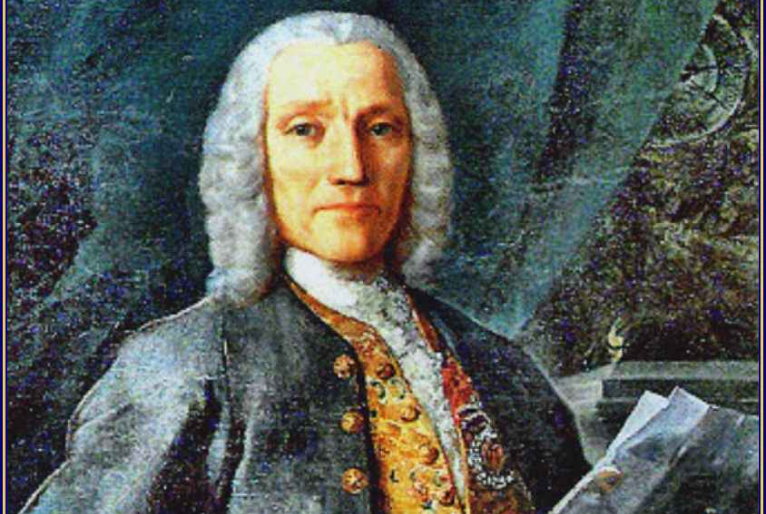
The Life and Legacy of Domenico Scarlatti
Domenico Scarlatti (1685–1757) was an Italian composer whose prolific output, particularly his 555 keyboard sonatas, significantly shaped the landscape of Baroque and early Classical music.[…]
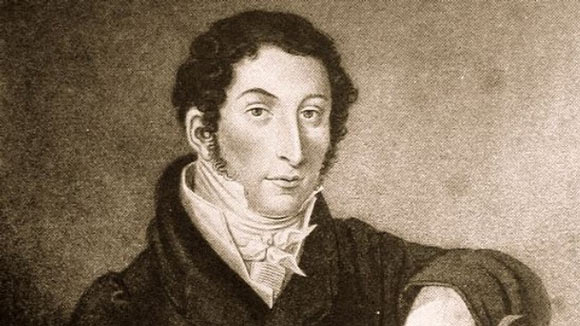
Carl Maria von Weber: A Complete Biography
Carl Maria von Weber (1786–1826) was a pivotal figure in the development of German Romantic opera and a multifaceted composer whose influence extended well beyond[…]
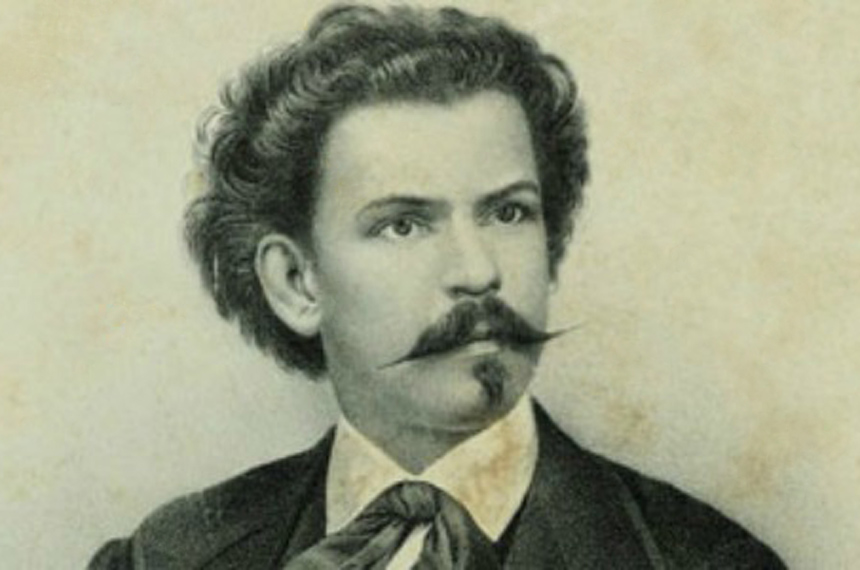
Carlos Gomes: A Complete Biography
Antônio Carlos Gomes (1836–1896) was one of Brazil’s greatest classical composers and the first New World composer to gain international acclaim in the European operatic[…]
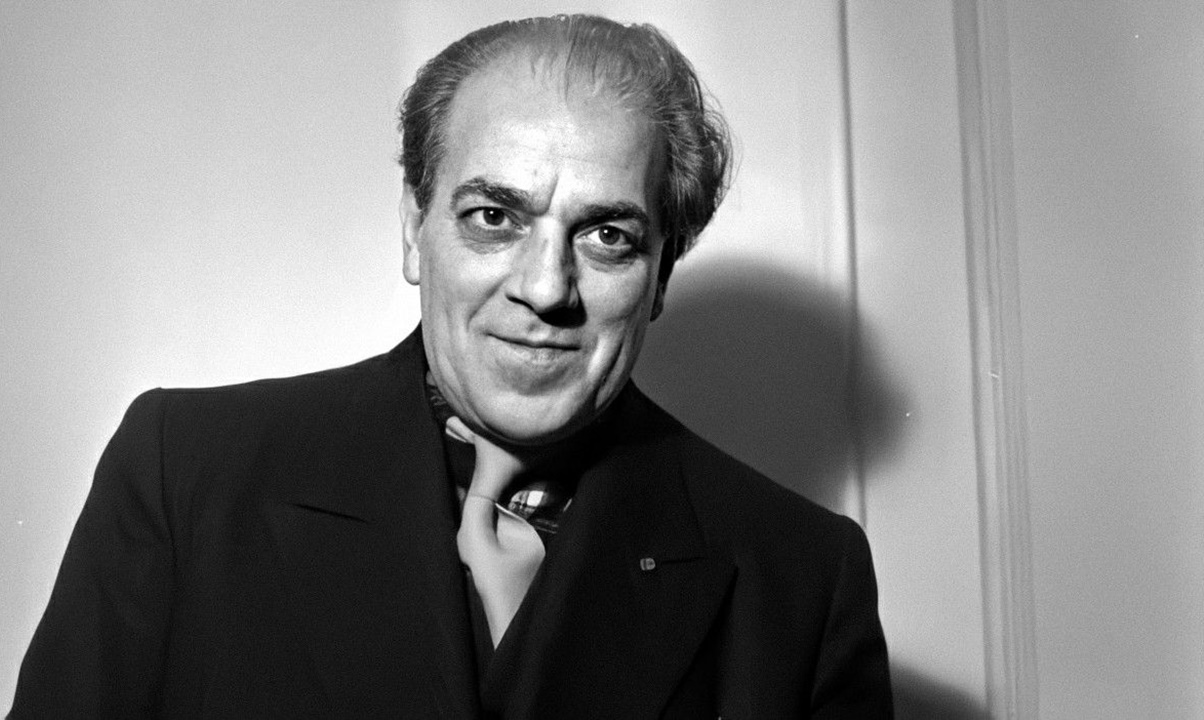
Heitor Villa-Lobos: A Complete Biography
Heitor Villa-Lobos (1887–1959) is widely regarded as the most significant classical composer in Brazilian history and one of the most innovative composers of the 20th[…]
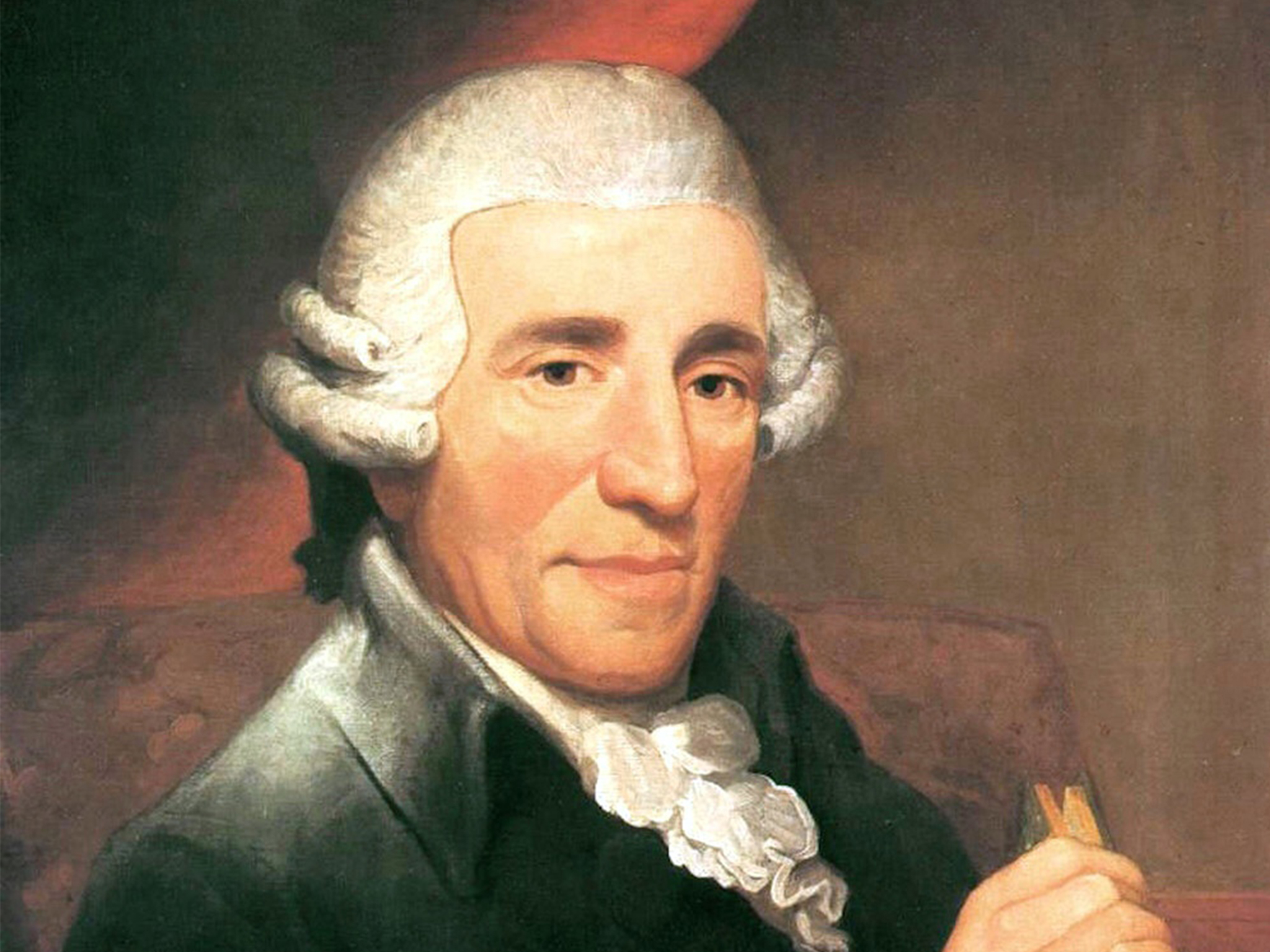
The Father of the Symphony: A Biography of Joseph Haydn
Franz Joseph Haydn (1732-1809) was an Austrian composer who stands as one of the most pivotal figures in the development of classical music. Often referred[…]
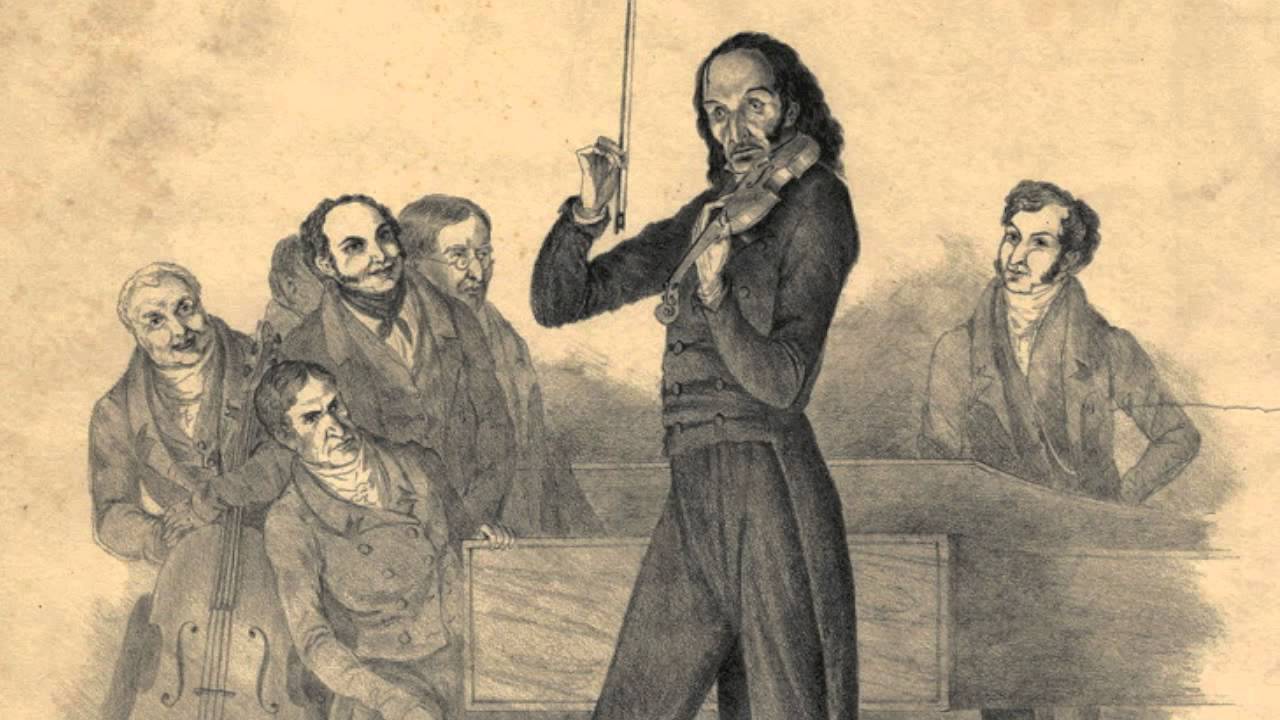
The Enigmatic Virtuoso: A Biography of Niccolò Paganini
Niccolò Paganini (1782–1840) stands as one of the most iconic and enigmatic figures in the history of classical music. An Italian violinist and composer, he[…]
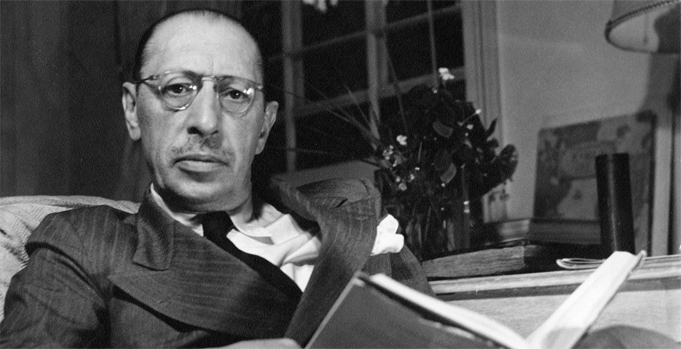
Igor Stravinsky: A Biography
Igor Fyodorovich Stravinsky (June 17, 1882 – April 6, 1971) was a Russian-born composer, conductor, and pianist who became a naturalized French citizen in 1934[…]
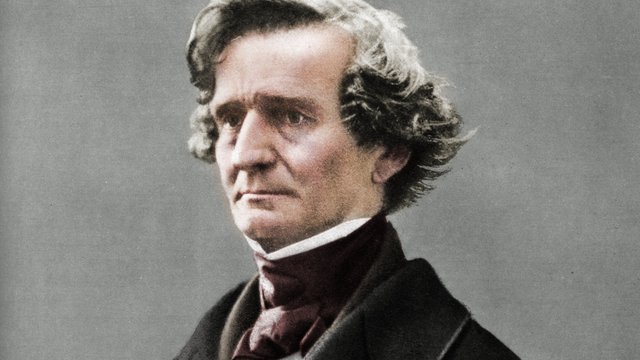
A Comprehensive Biography of Hector Berlioz
Louis-Hector Berlioz (1803-1869) was a pivotal figure in 19th-century French music, a composer whose innovative approach to orchestration and dramatic expression left an indelible mark[…]

Berlioz – Roméo Et Juliette
Roméo et Juliette, Op. 17, is one of Hector Berlioz’s most ambitious and innovative compositions, completed in 1839. Subtitled a “Dramatic Symphony,” it is a[…]